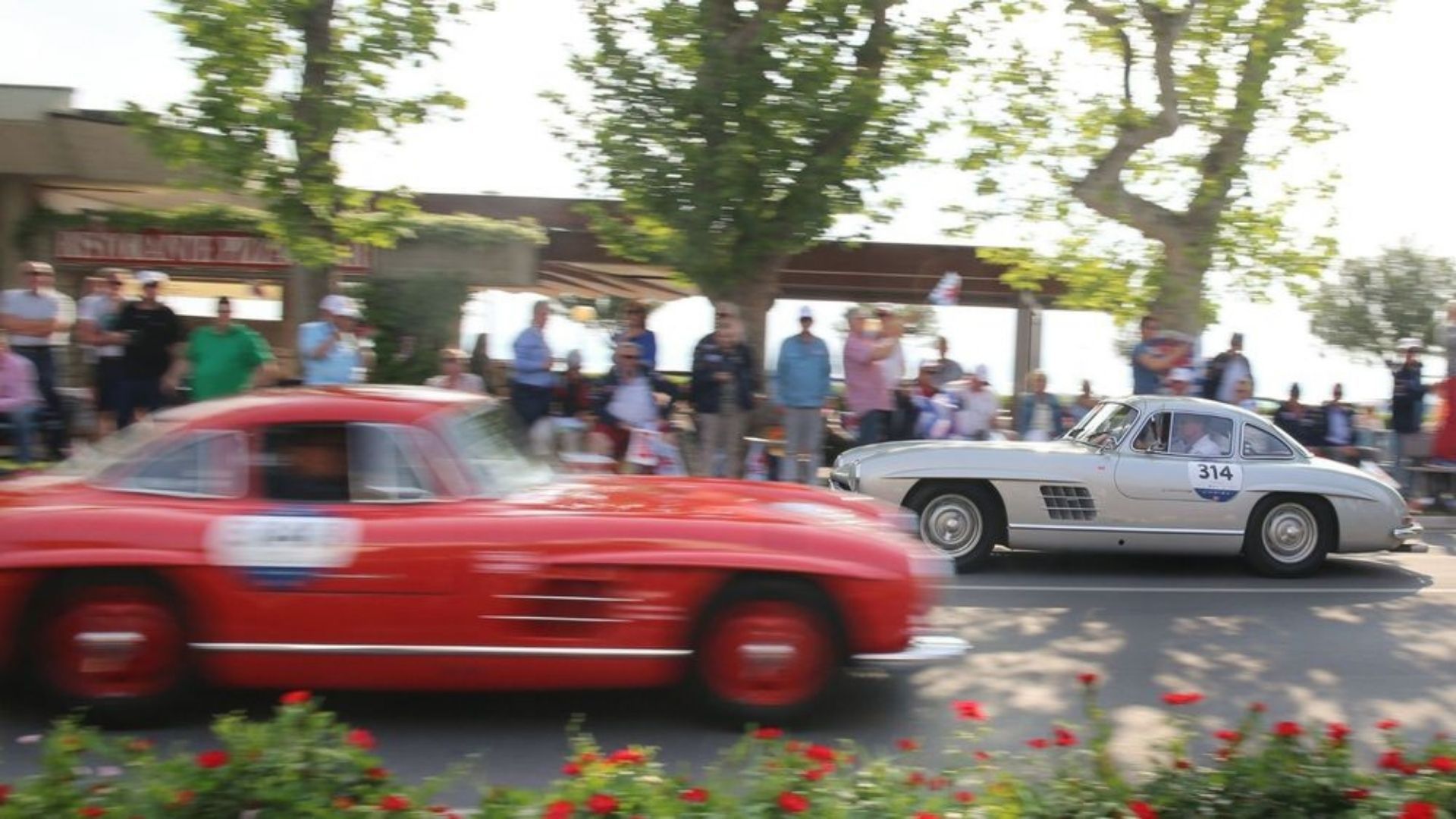Is this where you should be investing your savings?
It’s no secret that many people have taken to investing in classic cars as a fun way to grow their personal wealth. And while we’ve seen values of particular models rise dramatically in recent years, the market in general has surged substantially. As recently declared in a Financial Review article, prices for rare classic cars are skyrocketing “faster than gold.” This has led some to believe that certain classic vehicles are a more stable investment than gold, stocks, cryptocurrency, real estate, etc.
Meanwhile, overseas investors are raiding the Canadian classic car market. Learn more here.
This is an issue we’ve covered many times before. While some wondered if the COVID-19 pandemic would kill car collecting as a hobby, we saw the exact opposite happen. It turns out when you take away swanky vacations and a lot of other activities, forcing people to stay home, they turn to collecting classic cars in a big way.

That intensified interest in collectible vehicles has only fueled value increases. As the market goes, there’s a very limited supply of these old cars, so when demand for them rises, prices go in the same direction.
Of course, the supply of gold, vintage wines, high-end real estate, and other popular investments are also limited. However, there’s another perk to collecting classic cars: they’re far more entertaining to own.
For many, collecting classic cars isn’t just about the money. Anyone who’s a gearhead and even a fair amount of people who aren’t understand that having some cool rides in your garage is more entertaining than stocking up on gold bullion or bottles of wine. After all, you can take your investments out on a fun weekend cruise and participate in car shows, where you can meet like-minded people.

Not everyone is excited about surging classic car values. With prices rising by about 30 percent over the past 10 years, some feel left out of the hobby. This is especially true of younger enthusiasts, many of whom have turned to newer “future classics” as a substitute, a practice which has been openly ridiculed and mocked by some older enthusiasts who have ridden this rising tide of classic car values.
This leads to the inevitable question of what will happen to the value of different classic models when the older generations pass away and the younger generations are the dominant force in the market? We’ve seen this change in guard in classic car circles before, with some previous darling vehicles falling out of favor while others continue to be highly sought after. The real gamble is figuring out what will happen to the future values of individual vehicles you might put in your collection.
Sources: Financial Review, Express





